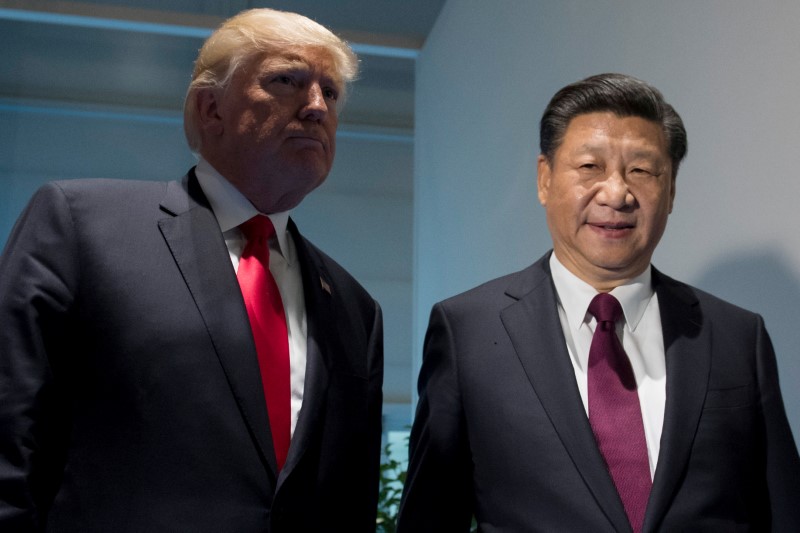(Bloomberg) -- A Southeast Asian nation that was a bit player in the biofuel market is suddenly buying and selling unprecedented supplies. The U.S.-China trade war may have something to do with it.
Malaysia has emerged to displace the U.S. as the biggest supplier of ethanol to China in just two months. It’s also the first time the Southeast Asian country is selling such significant volumes to the world’s top consumer. At the same time, it’s buying a record amount of the fuel from America.
The hook? The shift occurred after President Xi Jinping imposed tariffs on U.S. ethanol imports in retaliation to American counterpart Donald Trump’s duties on Chinese goods. While the two countries apply tit-for-tat levies, shipments from Malaysia to China are tax free.
The dispute between the world’s two largest economies has roiled markets from consumer goods to soybeans, but rarely has a completely new player emerged to fill in a supply gap. The sudden spike in the flows in and out of Malaysia has taken traders by surprise, according to Heather Zhang, a Singapore-based analyst who follows the global biofuel industry at researcher PRIMA.
“It’s an interesting opportunity,” Zhang said. “It shows some merchants are enthusiastic in their effort to generate profitability and adapt to change in the international trading environment during this unusual trade war event.”
Questionable Demand
There is no significant production or use of fuel ethanol in Malaysia, the U.S. Department of Agriculture said in a report in October last year. It’s not produced commercially as the feedstock is expensive to transport, and it’s also excluded as a source of alternative fuel under the Southeast Asian nation’s biofuel policy, according to the USDA.
For China, demand for the renewable fuel is growing after the world’s largest automobile market announced an ambitious plan to expand the use of ethanol gasoline for vehicles nationwide by 2020. Weaning itself off from U.S. biofuel may be a challenge it struggles to meet given the lack of domestic production capacity, as well as higher prices from suppliers elsewhere.
How Much?
Malaysia bought about 97 million liters of ethanol this year from the U.S., mostly in August and September, for a total $35 million, or 36 cents a liter, according to the USDA.
China purchased a total 88 million liters of ethanol, labeled as ethyl alcohol in import data, during August and September from Malaysia, compared with zero inbound shipments in the first seven months of this year. The total value of the purchase reported to Chinese authorities was about $49 million, or 56 cents a liter.
Meanwhile, shipments from America to China plunged to just over 13 thousand liters in the quarter ended Sept. 30. China’s price per liter for U.S. ethanol was about 44 cents a liter. Now that would be subject to tariffs including a 25 percent levy imposed in July, a 15 percent tax adopted in April, and a 30 percent tariff on all ethanol imports. The prices reported to Chinese customs and the USDA exclude duties.
While a direct transfer of U.S. ethanol via Malaysia to China would be in breach of China’s tariff rules, the product can be labeled as originating in the Southeast Asian nation if it’s blended with at least 40 percent locally produced fuel before the resale. China already offers preferential levies to qualified products originating from ASEAN countries including Malaysia, and is also looking to finalize a 16-nation trade bloc deal in 2019.
“The market is curious whether the flow will persist and eventually develop Southeast Asia as a sustainable emerging hub,” Zhang said.
Still, some market participants have raised red flags over the sustainability of the new flows, according to a PRIMA report in August. They suspect there is not enough ethanol production capacity in Malaysia for such a trade to seem legitimately viable for long, PRIMA said, cited industry discussions.
“The industry understands that ethanol production in Malaysia is limited, and the country doesn’t consume ethanol either,” Zhang said. “This change has subverted many people’s perception of the fundamentals.”
